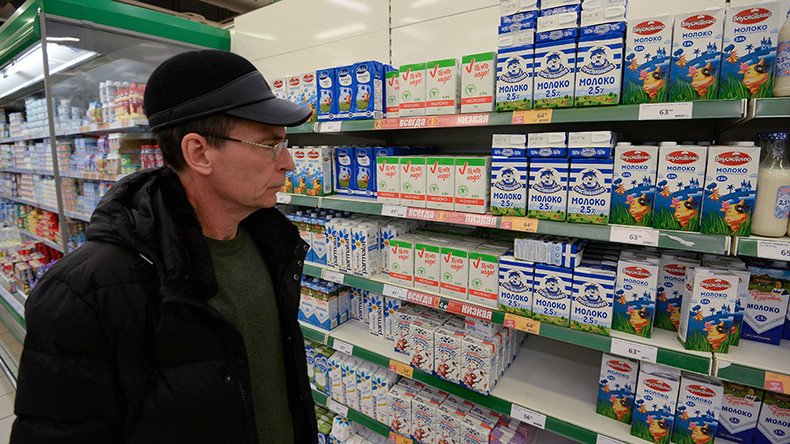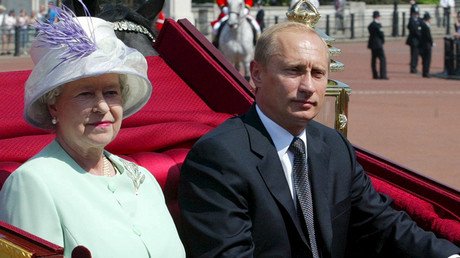Medvedev orders extension of foreign food ban through 2017

Restrictions against countries that joined the anti-Russian sanctions will be prolonged till the end of 2017, announced Russian Prime Minister Dmitry Medvedev. He instructed the government to prepare the relevant documents.
“Our agricultural companies have repeatedly asked to continue the embargo on agricultural products from countries that had imposed sanctions against Russia or later joined them. I ordered draft proposals on extending the countermeasures not for a year but until the end of 2017," Medvedev said while meeting with members of the Russian Union of Industrialists and Entrepreneurs (RSPP) on Friday.
The Prime Minister added that Russian agricultural companies will get an opportunity for long-term investment planning which they have asked for.
Western countries have lost around $9.3 billion since the introduction of the Russian food ban, according to a report from the Russian government’s analytical center.
The United States and the European Union initially introduced anti-Russian sanctions in 2014 after Moscow was accused of supporting rebels in eastern Ukraine and annexing Crimea. Sanctions targeted Russia’s financial, energy, and defense sectors, as well as some government officials, businessmen, and public figures.
6 month extension: EU prolongs sanctions against Russia https://t.co/FLrMH18Snrpic.twitter.com/vayZJTM3LC
— RT (@RT_com) March 10, 2016
Moscow responded by imposing an embargo on agricultural produce, food and raw materials against countries that joined anti-Russian sanctions. Since then the sides have repeatedly broadened and extended the sanctions.
READ MORE: Extending Russia sanctions ‘more difficult’ as resistance in EU grows – German FM
However, lately some European policymakers and businesses have become increasingly skeptical about the sanctions, pointing out that they have proven to be politically ineffective and economically harmful for both Russia and European countries.













